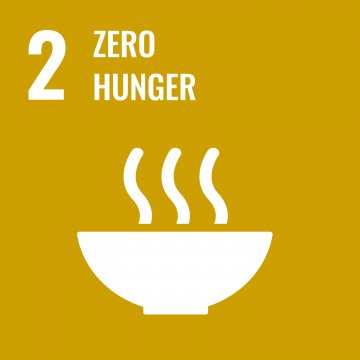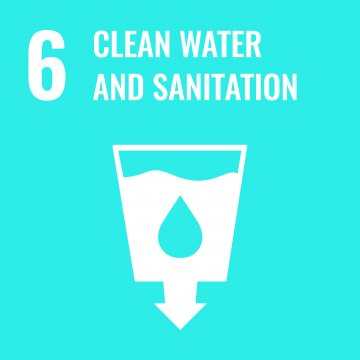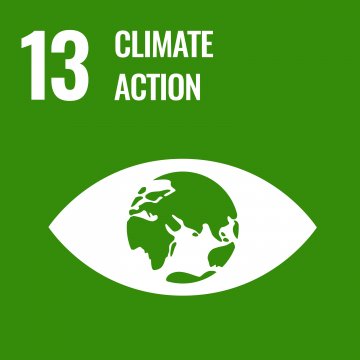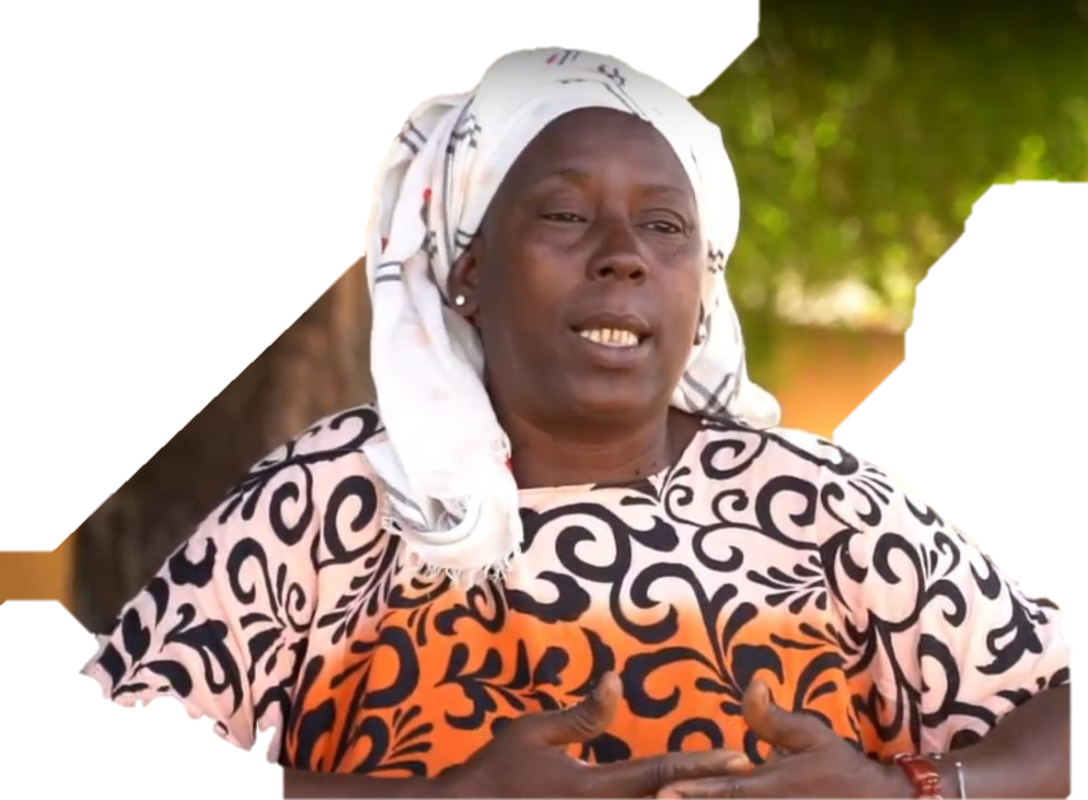De Terre et de Pluie
There is an urgent need to restore these degraded lands and to foster more positive interactions between agriculture, forests and water resource management, while promoting agro-ecology. "De terre et de pluie" project aims at building resilience of Senegalese rural communities by strengthening smallholder farming to cope with climate change.



Donors
Fondation Le Soltice, Meyrin
Beneficiaries
400 direct
1'280 indirect
Total cost
96'000 CHF
Duration
2019-2021 (24 months)
Weakening of ecosystems
The direct consequence of massive deforestation is the impoverishment of the soil, a drop in agricultural productivity and, as a result, a sharp drop in farmers' incomes, fuelling a process of impoverishment in rural communities. In addition to this perceptible situation, there is the continuous decline in water resources and the salinisation of aquifers.
The weakening of numerous ecosystems such as forests, hedgerows and mangroves, which act as barriers against the risks of major hazards, increases the vulnerability of communities to the effects of climate change. The loss of soil, the destruction of crops and livelihoods combined with the accelerated occurrence of these extreme weather events, impact the resilience and adaptive capacities of communities.
IRHA supports local actors in the implementation of concrete responses in terms of land stabilisation, groundwater recharge and natural resource management.
Strengthening ecosystems services
Through a combination of rainwater resource management, agroforestry patch reintroduction work and community capacity building, we are able to stop this vicious cycle. The establishment of agroforestry plots quickly corrects the situation by providing various ecosystem services that improve household nutrition (re-fertilisation of land, provision of wood and fodder for energy or livestock, vegetation cover and vegetable production). These agroforestry patches also enhance the capture of rainwater during winter periods, avoiding runoff and loss of arable soil.
This ecosystem approach to the problems of Sahelian farmers promotes a multi-faceted rebalancing of production conditions and is accompanied by a rapid and sustainable improvement in the nutrition and living conditions of all beneficiary communities.
